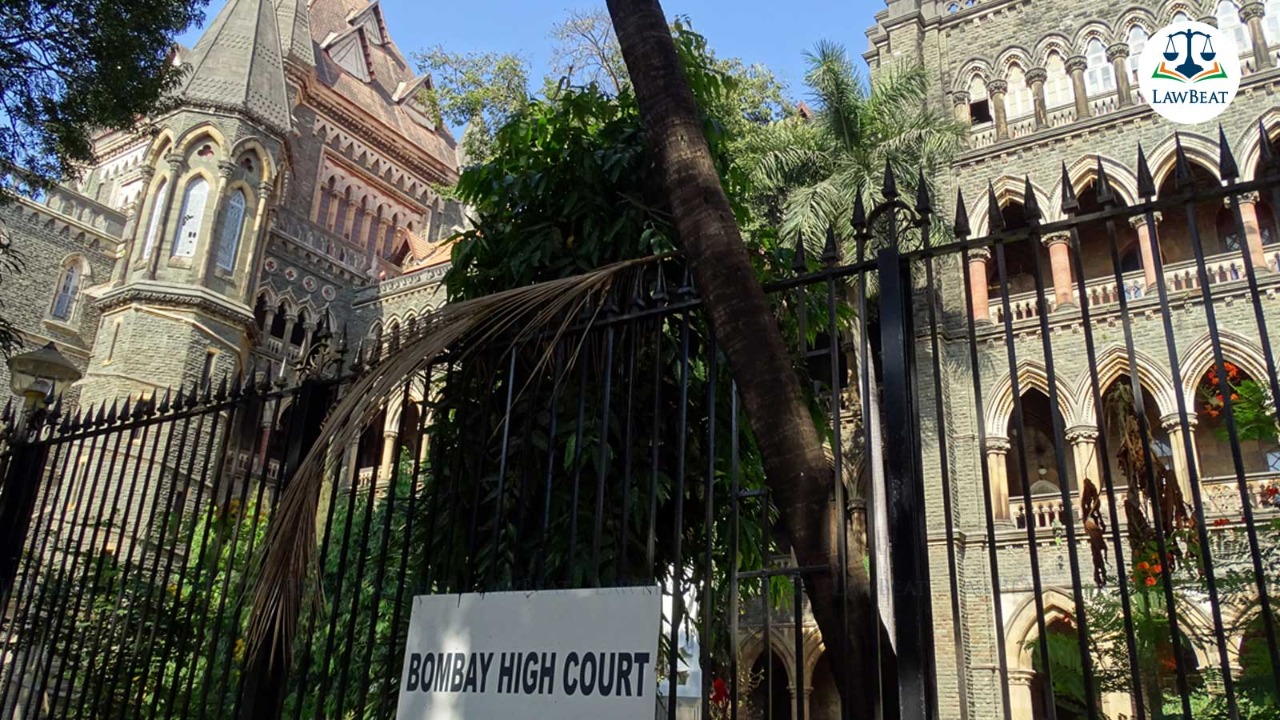Bombay High Court Denies Bail To Rape Accused Despite Victim And Her Father's Consents

Court noted the victim's and her father's conduct in consenting to the grant of such relief and noted that it depicted that the accused had influenced them
The Bombay High Court, on Monday, denied the bail application of a rape accused despite the victim and her father consenting to the grant of such relief. The court, noting the conduct of the victim and her father, opined that such conduct clearly showed the influence of the accused.
The bench of Justice Madhav J. Jamdar held, “In fact, Respondent No.2 along with the victim was present in the Court for giving consent to grant of bail to the Applicant. This is a very serious case of gang rape. The conduct of the Respondent No.2 and of the victim clearly shows that the Accused are influencing the witnesses”.
A second bail application was filed under Section 439 of the Code of Criminal Procedure, 1973 (CrPC). The accused contended that the previous bail application was dismissed as withdrawn with the liberty to file a fresh bail application if the trial did not commence within a reasonable period of time. The accused, represented by Advocate Sana Raees Khan, asserted that he had been incarcerated since 31st October 2020 and even the charge had not been framed yet.
Additional Public Prosecutor Veera Shinde, appearing for the State, strongly opposed the bail contending it to be a grave offence where the victim was subjected to gang rape. The victim was allegedly 15 years and 5 months old at the time of the incident.
The court observed that both the victim and her father surprisingly consented to granting bail to the accused. “It is shocking that yesterday, when this matter was taken up by this Court, the Respondent No.2-father of the victim was present in Court along with the victim and Mr. Biradar, learned Counsel Respondent No.2 submitted that the Respondent No.2 and the victim is consenting for grant of bail to the Applicant”, the court emphasized.
However, the court noted that, despite serious allegations, the accused had been in custody since October 31, 2020. Despite this considerable duration, there had been no progress in the trial, accepting the accused’s claim regarding a trial delay.
The court explained Section 436-A of the CrPC, stating that an under-trial prisoner who has served half of the maximum imprisonment period for the offense shall be released on personal bond, with or without sureties. The court may extend detention beyond half the period or grant bail after hearing the Public Prosecutor and recording reasons in writing. However, determining prolonged incarceration lacks a fixed formula and relies on various factors, including those outlined in Section 436-A of the CrPC. The severity of punishment is a crucial consideration. Even if an under-trial prisoner has completed half of the punishment, the court, with written reasons, can order continued detention.
Considering that Section 376-DA mandates life imprisonment and the POCSO Act stipulates a minimum of twenty years, the gravity of the offense is significant, court noted.
It opined, “Thus, it is evident that mere delay in the trial pertaining to grave offences, by itself cannot be a ground to enlarge an accused on bail, dehors the facts”.
The court observed the conduct of the victim and her father, indicating attempts by the accused to influence witnesses and tamper with evidence. Therefore, the bench held that expediting the trial was imperative. The trial court was directed to conclude the proceedings within nine months.
Advocates For Petitioner: Advocate Sana Raees Khan
Advocates For Respondent: Additional Public Prosecutor Veera Shinde with Advocate Sidheshwar N. Biradar
Case Title: Somnath Bhivaji Gaikwad v The State of Maharashtra (2024:BHC-AS:18371)
